Diplomatic Status Acquisition
Acquiring diplomatic status is a multifaceted process, laden with legal and bureaucratic complexities. This journey, embarked upon by foreign diplomats aiming for accreditation in a host country or individuals seeking diplomatic immunity for varied reasons, demands a thorough understanding of its intricacies. It is not merely about fulfilling formalities; it involves a deep dive into the nuanced requirements set forth by both the sending and receiving countries. Each step, from initial application to final approval, is governed by international law, particularly the Vienna Convention on Diplomatic Relations, which outlines the framework for diplomatic interactions and immunity.
The benefits of acquiring diplomatic status are substantial, ranging from legal immunity to various privileges in the host country. These privileges include exemption from taxes and duties, immunity from civil and administrative jurisdiction, and often, special treatment in terms of travel and accommodation. However, these benefits come with significant responsibilities and expectations, including the duty to respect the laws and regulations of the host country and to not interfere in its internal affairs. The balance between enjoying diplomatic privileges and adhering to these obligations is delicate and requires a keen understanding of diplomatic norms and ethics.
Nevertheless, the path to acquiring diplomatic status is fraught with challenges. Navigating through the dense thicket of paperwork, meeting specific criteria set by both the sending and receiving countries, and passing through rigorous security and background checks can be daunting. The process is further complicated by the need for diplomatic candidates to possess certain qualifications, such as a deep knowledge of international law, proficiency in foreign languages, and an understanding of diplomatic protocol. Despite these hurdles, the pursuit of diplomatic status remains a coveted goal for many, symbolizing a unique blend of legal protection, prestige, and an opportunity to facilitate international relations on a global stage.
The Basics of Diplomatic Status
Requirements for Diplomatic Status Acquisition
Acquiring diplomatic status is not a straightforward process and involves meeting specific requirements set forth by international law and the host country’s regulations. Some of the key requirements for diplomatic status acquisition include:
- Official appointment by a foreign government or international organization
- Recognition by the host country’s government
- Submission of diplomatic credentials
- Immunity from criminal jurisdiction
The Benefits of Diplomatic Status
Obtaining diplomatic status comes with a host of benefits, including:
- Immunity from civil and criminal jurisdiction
- Exemption from certain taxes and duties
- Protection of diplomatic premises and documents
- Access to diplomatic channels for resolving disputes
The Process of Acquiring Diplomatic Status
The process of acquiring diplomatic status can vary depending on the specific circumstances and the host country’s regulations. However, some common steps involved in the process include:
Step 1: Official Appointment
The first step in acquiring diplomatic status is to receive an official appointment from a foreign government or international organization. This appointment is typically accompanied by a letter of credence, which serves as proof of the individual’s diplomatic status.
Step 2: Recognition by the Host Country
Once the individual has been officially appointed, the host country’s government must recognize their diplomatic status. This recognition is typically granted through the issuance of an exequatur, which authorizes the individual to act as a diplomat in the host country.
Step 3: Submission of Diplomatic Credentials
After receiving recognition from the host country, the individual must submit their diplomatic credentials to the country’s Ministry of Foreign Affairs. These credentials typically include a letter of credence, a letter of recall from the individual’s previous posting, and any other relevant documents.
Case Study: Diplomatic Status Acquisition in the United States
One example of the process of acquiring diplomatic status is in the United States. In the U.S., foreign diplomats must follow a strict protocol to obtain diplomatic accreditation, including presenting their credentials to the U.S. Department of State and obtaining an official diplomatic ID card.
Challenges in Diplomatic Status Acquisition
While diplomatic status comes with numerous benefits, there are also challenges associated with acquiring and maintaining diplomatic immunity. Some of the common challenges include:
- Compliance with host country regulations
- Security concerns
- Potential for abuse of diplomatic immunity
Conclusion
In conclusion, diplomatic status acquisition is a complex process that requires careful navigation of legal and bureaucratic requirements. William Blackstone Internacional has assisted many clients with their goals of obtaining diplomatic status and navigating the challenges associated with it. By understanding the requirements, benefits, and challenges of diplomatic status acquisition, individuals can better prepare themselves for the intricacies of international diplomacy.
For more information on diplomatic status acquisition and related topics, visit William Blackstone Internacional’s blog.













